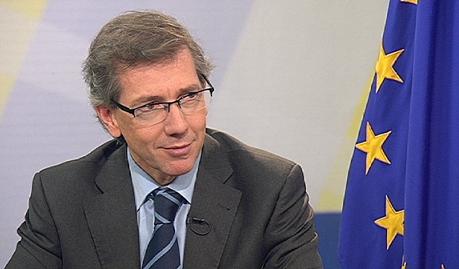The International Monetary Fund (IMF) Managing Director, Kristalina Georgieva, has urged Group of 20 (G20) leaders to collaborate on building foundations for a better 21st Century global economy.
Georgieva’s comments came during the recent G20 summit, which took place virtually on 21-22 November, hosted by Saudi Arabia.
“During our meeting, I commended the G20 countries as a whole for taking unprecedented actions to mitigate the impact of the novel coronavirus (COVID19) pandemic, including fiscal and monetary measures, that have helped to prevent massive bankruptcies and an even deeper crisis,” Georgieva said in a statement, on Sunday, following the virtual Summit.
“The Debt Service Suspension Initiative (DSSI), in particular, gave many poor countries much needed temporary ‘breathing space’,” she said, ”The Common Framework for Debt Treatments beyond the DSSI, endorsed by G20 Leaders at this meeting, will allow low-income countries with unsustainable debts to apply for permanent debt relief on a case-by-case basis, with a level playing field for creditors.”
She also said that it is critical to operationalise this Framework promptly and effectively.
“Going forward, we must also help those countries not covered by the Framework to address debt vulnerabilities so that their economies can become more resilient,” Georgieva added.
She thanked the G20 for their support to the IMF, which has enabled the fund to deliver over $100bn in new financing to 82 countries and debt service relief for its poorest members.
She also emphasised that the world is not out of the woods yet in terms of the ongoing health crisis. Cooperation is going to be even more important going forward on three priority fronts.
“First, end the health crisis. With vaccines on the horizon, we must ensure they reach everyone, everywhere,” Georgieva said, “If we do this, the Fund estimates that it could add almost $9trn to global income by 2025. There could be no better value for money, or for the world.”
The IMF head mentioned that the second priority front is the reinforcement of the economic bridge to aid in recovery. She said that it is essential to sustain support to businesses and workers until the world exit the health crisis, and that there must be no premature withdrawal.
“It is also time now to prepare for a synchronised green and digital infrastructure investment push to invigorate growth, to limit scarring, and address climate goals,” she said, “If G20 countries act together, they can achieve two-thirds more at the same cost than if each country acts alone.”
The third front would see the building of the foundations for a better global economy in the 21st Century. The most consequential uncertainty facing the world today is how it can use the momentum of disruption caused by this crisis to build a better economy for all.
This would necessitate: a revitalisation of the international trading system; foster an international system of taxation where everyone pays their fair share; and accelerate the transition to the new climate economy on which the health and prosperity of the world’s children depends.
“Finally, we must not forget the world beyond the G20, and the poorest countries that are least equipped to withstand shocks,” Georgieva said, “The IMF will continue to count on the G20’s support to have all the necessary resources to best serve our member countries, and especially those who need our assistance the most.”
Since this is the IMF’s last meeting of 2020, Georgieva took the opportunity to congratulate the Saudi authorities on a successful G20 presidency during a very challenging year. She added that she looked forward to next year’s G20 under Italy’s Presidency.




